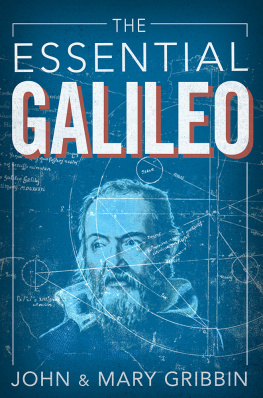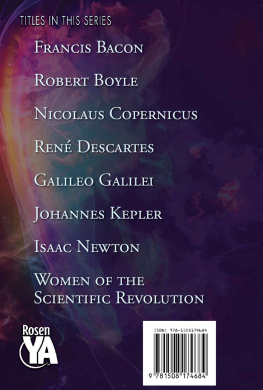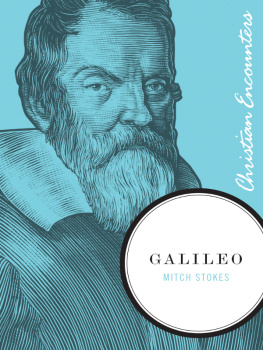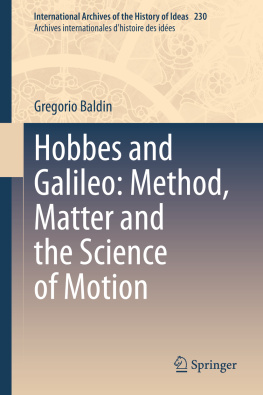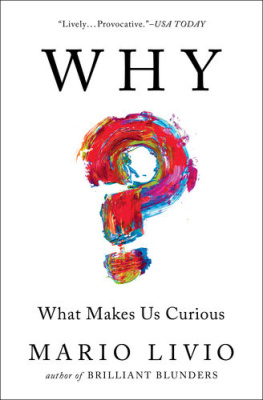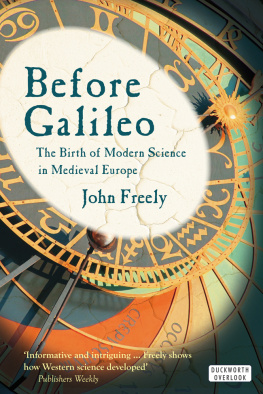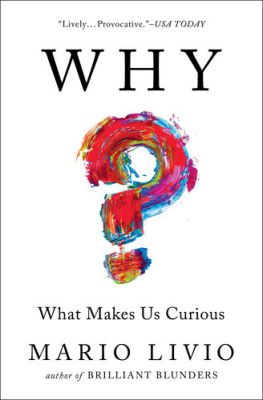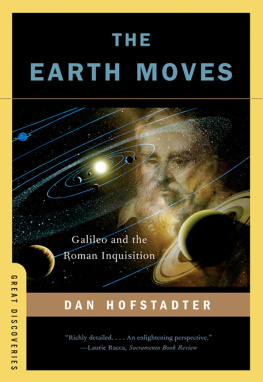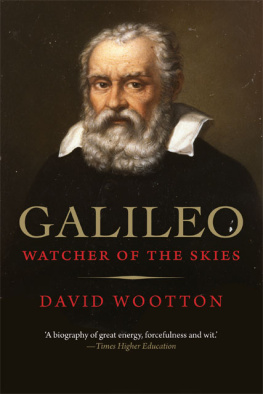ALSO AVAILABLE FROM BLOOMSBURY
The Bloomsbury Companion to the Philosophy of Science , edited by Steven French and Juha Saatsi
The History and Philosophy of Science: A Reader , edited by Daniel J. McKaughan and Holly Vande Wall
Philosophy of Science: Key Concepts , Steven French
Thomas Kuhns Revolutions , James A. Marcum
Getting Science
Wrong
Why the philosophy of
science matters
PAUL DICKEN
Bloomsbury Academic
An imprint of Bloomsbury Publishing Plc
Contents
This is a short book about misunderstanding science. On the face of it, this might seem like a somewhat perverse topic. Of course we understand science! After all, we rely upon the results of countless scientific theories in almost every aspect of our lives. Every time we step onto an aeroplane, visit the doctor, or eagerly shove our favorite Jean-Claude Van Damme movie into the DVD player, we are implicitly endorsing the truth of a whole range of theoretical assumptions about the world around us. Even during the course of the relatively low-tech and haphazard production of this book, I relied continually upon the outcome of countless scientific advances that would have been unimaginable only a few decades beforeeverything from ignoring the increasingly agitated emails from my editor and googling references online, to arguing with the word processor which checks my spelling, corrects my grammar, and otherwise brutalizes my carefully crafted prose. If we really misunderstood science and its laws, none of this would be possible. Our aeroplanes would crash, our medicines would poison us, and we would never get to see that peculiar brand of tight-trousered spin-kicking martial arts justice that we all know and love. Perhaps more pointedly, if electrons did not really exist and behave in more-or-less the way that our scientific theories say they do, then my laptop would be nothing more than an expensive paperweight, this book would never have been written, and we would not even be having this conversation in the first place.
On the other hand though, there may also be grounds for a considerably more cautious attitude. Our contemporary scientific theories are undoubtedly highly successful in their particular realm of applicationbut as they say, it is a big old world out there, and we have only really just begun to scratch the surface. From a cosmic perspective, the number and the range of incidents in which we have tested even our most successful scientific theories is very, very small indeed. To make matters even worse, one of the most important contributions made by modern science has been to explore just how intellectually uninspiring we are as a species, and how astronomically parochial our place in the universe. Successive advances in physics have gradually displaced the Earth from the unmoving center of a divinely ordered cosmos, to just one of many rapidly orbiting planets in a distant corner of an unremarkable galaxy. Similarly, progress in biology has only served to underline the severe cognitive limitations of a species originally evolved to hunt large mammals across a well-lit and relatively featureless plain, now struggling to comprehend such mind-boggling phenomena as the relativistic curvature of spacetime and the indeterminacy of a quantum superposition. Paradoxically enough, it would seem then that the more science tells us about the world around us, the more skeptical we should be of our ability to fully grasp it! And indeed, the history of science certainly attests to the myriad false starts and dead ends that have plagued our intellectual development. We may well feel that the indisputable success of our contemporary scientific theories gives us compelling reasons to believe them to be truebut then so too did countless scientists before us, right up to the point when the next big breakthrough sent everyone scurrying back to the chalkboard. We have been wrong before, and we will surely be wrong again.
These two competing intuitions actually provide the starting point for an entire academic subdiscipline known as the philosophy of science, a subject that Iin retrospect, perhaps unwiselyspent years teaching throughout the scattered corners of the globe. It is certainly not the most fashionable of research fields, even among other philosophers, and I can assure you that there definitely isnt very much money in it. The central questions of the philosophy of science are not ones that much concern the practicing scientist, who quite rightly has far more important things to worry about than these abstract speculations, and the most celebrated figures in the discipline are not exactly household names. In fact, now that I think about it, I probably only really got into the subject in the first place because it meant that I didnt have to take any more tedious classes in ethics. But I soon became gripped. For whatever else one may think about it, the natural sciences remain our most important method for finding out about the world around us, and if we cannot resolve this underlying tensionbetween the seemingly undeniable success of our contemporary scientific theories, and the equally undeniable track-record of scientific failurethen this raises some serious questions about the rest of our cognitive endeavors, and how we should think about our place in the world more generally.
All of this fascinating philosophical speculation however presupposes another, more fundamental question. In the space of the previous three paragraphs I have spoken very casually about the success of our scientific theories and the historical track-record of our scientific investigations, and have hinted at the role played by the natural sciences in shaping our understanding of ourselves and the world around us. When we argue at this level of abstraction, it is easy enough to assume that there is some well-defined notion of science to which we can uncontroversially appeal. But what exactly do we mean by science? Is there some clear set of criteria by which we can distinguish scientific practice from all of the other forms of human activity with which we might also be concerned? Or is science just bigger and better funded? How do we differentiate between good science and bad scienceand those things that are only pretending to be science? Is there something about the way in which we pursue a line of enquiry that makes it scientific, or does it just depend upon which questions are currently considered to be more important than others? If science really is our most important way of finding out about the world, then it would be nice to know if there is in fact some particular way of conducting an investigation and assessing its results that is both peculiar to the natural sciences, and which ultimately contributes to their success.
This is the idea of the scientific method , and it is one that has obsessed many philosophers and scientists, and produced a great deal of argument and debate. But it is also an idea that has important consequences that reach beyond the rather narrow issues in the philosophy of science discussed above. For if there really is some specific way of proceeding shared by all of our most successful scientific activities, then it stands to reason that this is something that we need to examine, understand, and ultimately try to export to as many other aspects of our intellectual lives as possible. On this view, the natural sciences do not merely give us an accurate theoretical description of the world around usthey also provide us with the gold standard against which we can measure all other types of thinking. And indeed, this is something that we see creeping into most aspects of our day-to-day lives. We see the virtues of scientific thinking claimed in everything from high-level politics and policymaking, to daily squabbles on the street and the unrestrained vitriol of social media. My shampoo has apparently been scientifically formulated to retain the color and balance of my hair, and my breakfast yogurt is so clinically exemplary that all the different microbes and ingredients have been given special, made-up names to make them sound more important. Enrol in a modern university, and you will no longer study politics or sociology as in the bad old days, but various flavors of political sciencealong with library science, mortuary science, or dairy science depending upon the institution in questionwhich lets you know that what you are doing must be considerably more rigorous than it was before. And there is no better way of shutting up an opponent or closing down a dissenting point of view than to dismiss it as unscientific. It is the ultimate trump card against which there can be no come back.


